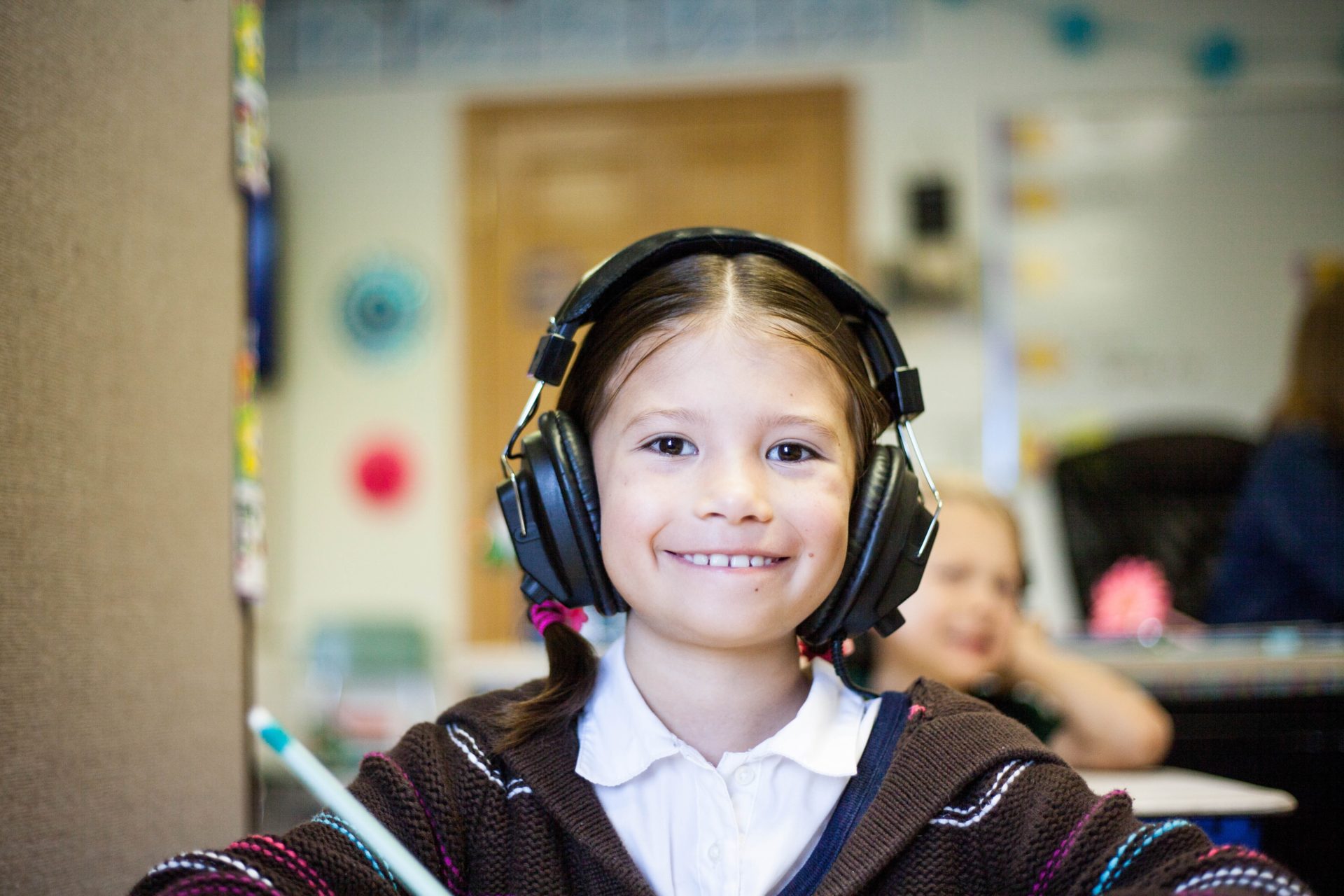Preschool learning centers provide an environment conducive to young children’s early development. However, before a child enrolls in preschool, parents usually seek options for traditional schooling for their children.
Such schools can be difficult and frustrating for parents as they attempt to teach their kids English while teaching them Spanish at school. As a result, many families opt out of funding traditional schools to enroll their children in foreign language immersion preschools early on. Important benefits include:
- Language Development
For a child to be effective in learning a second language, they must be exposed to the different aspects of that language through exposure at home and school. After preschool, children will be able to learn both languages simultaneously.
Furthermore, there is a greater likelihood that children will become fluent in the second language. Language acquisition is a vital aspect of preschool learning centers. By attending a preschool that teaches in the native language of children, children will be able to pick up even the most difficult words.
- Socialization
Immersion preschools provide socialization opportunities for children in addition to their education. Teachers will work to reinforce the cultural aspects of Spanish through song, art, and story time. Children can make friends with other kids who speak Spanish at these centers and share a common bond of language using their native tongue.
- Psychological Development
Preschoolers are still developing as learners and, as a result, are constantly learning new things. Preschool immersion programs allow children to experience new concepts through learning and play in an environment familiar with the Spanish language and culture.
- Sociocultural Development
Preschool programs must teach children to develop culturally-sensitive behaviors and attitudes while learning in a familiar environment. Preschools also teach children how to communicate with others based on cultural norms. For example, children learn to greet, introduce themselves and ask questions in Spanish.
As a result, Spanish learning preschools help children develop their social and cultural skills. Preschool immersion programs are driven by the idea that the best way to learn a language is through direct experience with the language itself.
- Educational Development
Apart from language acquisition, preschoolers learn many essential aspects of a child’s education. To properly establish a child’s language development, children must begin school ready in a second language. To operate effectively at school, children must learn basic math concepts and the importance of academic achievement in addition to learning their native language.
- Parental Participation
It is common for parents to become frustrated when they cannot communicate with their children in their native language. For learning to be effective, parents must work alongside their children. However, with foreign language immersion preschools, parents don’t need to rely on other family members or the preschool teacher to communicate with their child.
Through methods like discussion groups or bilingual playgroups, parents can directly communicate with their children and become familiarized with their progress in a second language.


